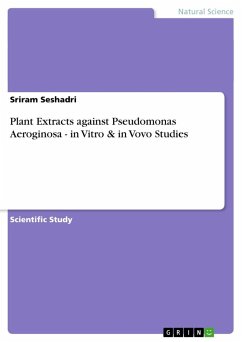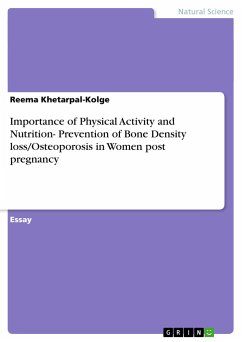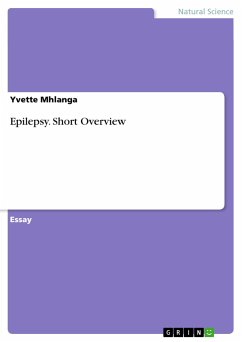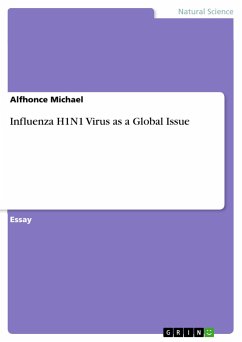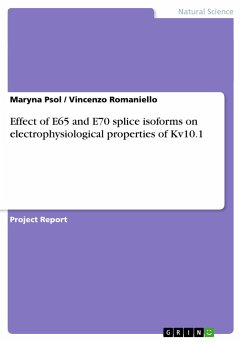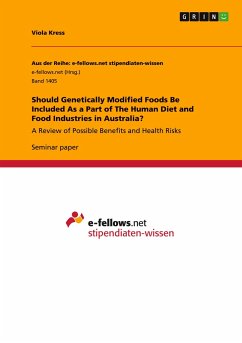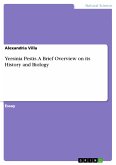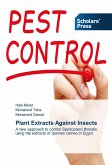Scientific Study from the year 2011 in the subject Biology - Diseases, Health, Nutrition, grade: None, , course: Department of Biochemistry & Biotechnology, language: English, abstract: Pseudomonas infections are very hard to treat in immunocompromised patients, in the post operational and other hospitalization related conditions and are responsible for high number of deaths. Thus Pseudomonas can be very notorious opportunistic pathogen. The major problem associated with chronic P. aeruginosa infections is the development of antibiotic resistance due to long continuous treatment durations in which the resistant mutants start to accumulate. Recent understandings regarding the development of antibiotic resistance have added a new dimension of hypermutator strains which have comparatively high rates of mutations then wild type strains. In Ayurveda, many plants and plant extracts have been widely used for treatment of diseases which may be due to bacterial, fungal or viral pathogen or due to imbalance in the body's various systems. Modulation of immune response to alleviate disease has been one of the ways practiced in ayurveda including others such as re-establishing the imbalance in the body, lifestyle changes, and diet. The plants extracts used are seeds of Moringa oleifera, Nigella sativa, Vernonia anthelmintica, fruit of Terminalia chebula and root bark of Terminalia bellerica. These plant extracts have been shown to be effective as an antibacterial agent specifically against P. aeruginosa. The plant extracts used in this study are easily available and is being used in normal day-to-day life for various purpose and also have been proven to be effective medicine in Ayurveda.
Hinweis: Dieser Artikel kann nur an eine deutsche Lieferadresse ausgeliefert werden.
Hinweis: Dieser Artikel kann nur an eine deutsche Lieferadresse ausgeliefert werden.

